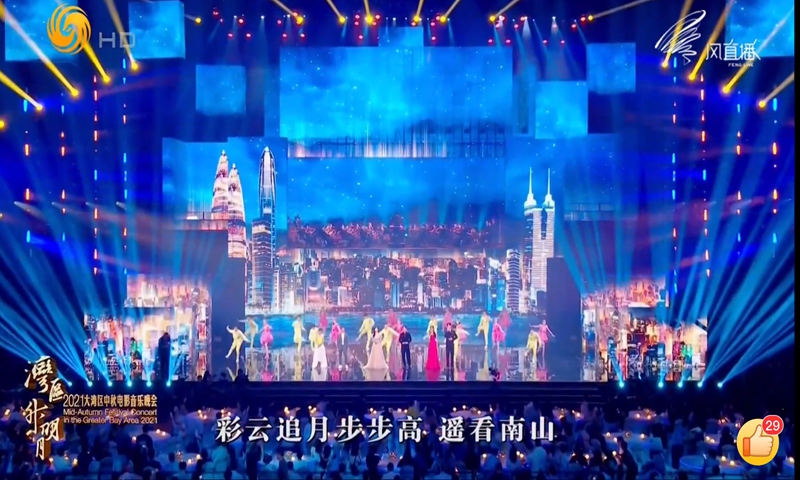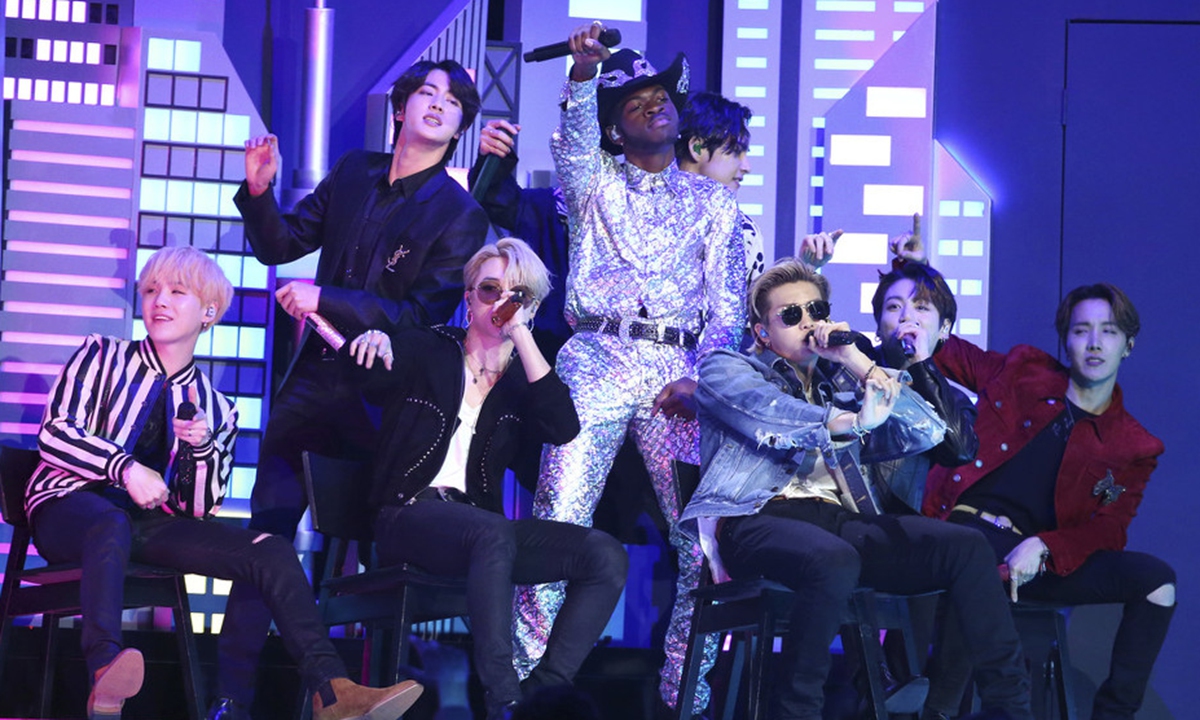

KUALA LUMPUR: Illegal betting for this year’s World Cup is set to hit a record high – thanks to smart technology which will allow punters to place bets from anywhere and at anytime.
Federal Secret Societies, Gambling and Vice Division (D7) principal assistant director Senior Asst Comm Roslee Chik said the total bets for the last World Cup in South Africa four years ago amounted to more than RM438mil nationwide.
“We expect this year’s tournament to surpass that amount as syndicates and gamblers are using smartphones rather than laptops.
“In the 2010 World Cup, we only had to deal with syndicates and gamblers using laptops but now smartphones have become the tool of the bookies,” he said.
Some of the gambling apps that are easily available are M88 Sports, IBCBET and SBOBET.
“We have started preparations in the last three weeks and we are ready to come down hard on anyone involved in illegal football betting,” SAC Roslee told a press conference in Bukit Aman yesterday.
Betting on football matches is illegal in Malaysia and even those who place bets on betting websites that are legal in other countries will face action.
Johor police have also set up a taskforce in every district to check on gambling activities and will focus on premises such as cybercafés and restaurants that offer live matches.
Johor police chief Senior Deputy Comm Datuk Mohd Mokhtar Mohd Shariff had these words of advice for those likely to get into bigger trouble by borrowing from loan sharks: “Just enjoy the games. There is no need to bet.”
Sabah police have set up eight teams for the Ops Soga 5 to combat football betting activities.
State CID chief Senior Asst Comm Omar Mammah said the police did not want to reveal details of their operations so they could catch the bookies and the gamblers by surprise.
According to SAC Roslee, although police arrested 143 people in 2010, including bookies and those who placed bets, most of them could not be prosecuted due to lack of evidence.
The youngest among those arrested was 15 and the oldest was 73. There were also 22 women and nine Indonesians.
He added that a total of 270 premises were raided nationwide during the month-long tournament and RM110,124 seized.
“We have learned some lessons and have improved our strategies.
“We will use the Anti-Money Laundering and Anti-Terrorism Act 2001 (Amlata) and enforcement will be more stringent,” he said.
SAC Roslee said bets for the World Cup would increase as the tournament progressed, with the stake getting higher for the quarter-final, semi-final and the final.
It is learnt that a minimum bet could from between RM200 and RM300 and they could go up to hundreds of thousands of ringgit.
SAC Roslee vowed the police would use the Prevention of Crime Act to catch syndicate members as a last resort.
“We will also work closely with the Malaysian Communication and Multimedia Commission to identify illegal gaming facilities and websites,” he said.
SAC Roslee added they were also looking into amending existing gambling laws, to enable the authorities to have more bite against illegal gambling syndicates as syndicates are using the Internet with servers based overseas.
“It is hard to get cooperation from the authorities in countries where gambling is legal,” he said.
- Contributed by Farik zolkepli, Yuen Meikeng, Randeep Singh, Aida Ahmad, Stephanie Lee, & Farhaan Shah
Related article:
Avoiding the gambling disease
Football Every Day Webcast to keep up with the samba beat
PETALING JAYA: The greatest show on earth has kicked off and the Football Every Day Webcast will be keeping up with the samba beat on a daily basis throughout the tournament’s duration.
With seasoned faces as well as fresh ones, join football crazy fans Zack Yusof, Daryl Goh, Ian Yee, Brian Martin and Nelsen Ng as they get together to run the rule over each day’s matches.
This time around, viewers and footie fans alike stand a chance to walk away with a pair of the latest Adidas Battle Pack Footwear worth up to RM800 and dining vouchers from SOULed Out.
To win, simply send us your most wacky and creative photo or video selfies of you and your friends enjoying the World Cup.
Entries can be submitted by email to football@thestar.com.my or via Twitter at @switchup.tv. Make sure to include your full name, IC and contact numbers.
The Star’s Football Every Day webcast can be viewed at www.Switchup.tv.
Smartphones causing a spike in betting among youth
PETALING JAYA: Internet gambling has become more rampant among young people, especially since it has become so easy to bet using smartphones.
Those aged between 17 and 30 now make up 75% of online gamblers. The other 25% consists largely of those aged between 31 and 42.
Data from Gamblers Rehab Centre (GRC) Malaysia received between 2007 and last year show that the number of online gamblers who received counselling have increased from just 16 cases in 2007 to 112 last year.
“We received an average of 120 gamblers seeking help from us every year.
“Due to the popularity of smartphones, internet gambling has become more common,” said the GRC in a statement.
“There is no age minimum and it is open to everyone. The only qualification is the amount of money one has in the account,” it said.
The GRC said online gambling on credit was operated by illegal syndicates that set up their own websites and appointed agents to get clients to open trading accounts.
“They will give their clients credits to bet. This type of gambling is very popular, especially among school students,” it said.
Any losses or wins would be transacted via the account on a fixed day of the week.
“Since it does not require any cash deposit, it causes many to lose control and fall into the whirlpool of gambling.
“In order to win back lost money or to repay their debts, clients tend to borrow money from loan sharks, who in fact, are partners in the whole operation,” the GRC said.
However, there are a few types of online gambling games which do not involve money and are found on Facebook, said GRC, adding that such games might encourage some to move on to “real” online gambling.
The GRC has conducted awareness seminars in schools and other places to prevent people from picking up the habit.
Related stories:
 Getting Started Betting Articles
Helping Bettors Win Bitcoins! http://bitcoin-betting-guide.com/
Getting Started Betting Articles
Helping Bettors Win Bitcoins! http://bitcoin-betting-guide.com/




































